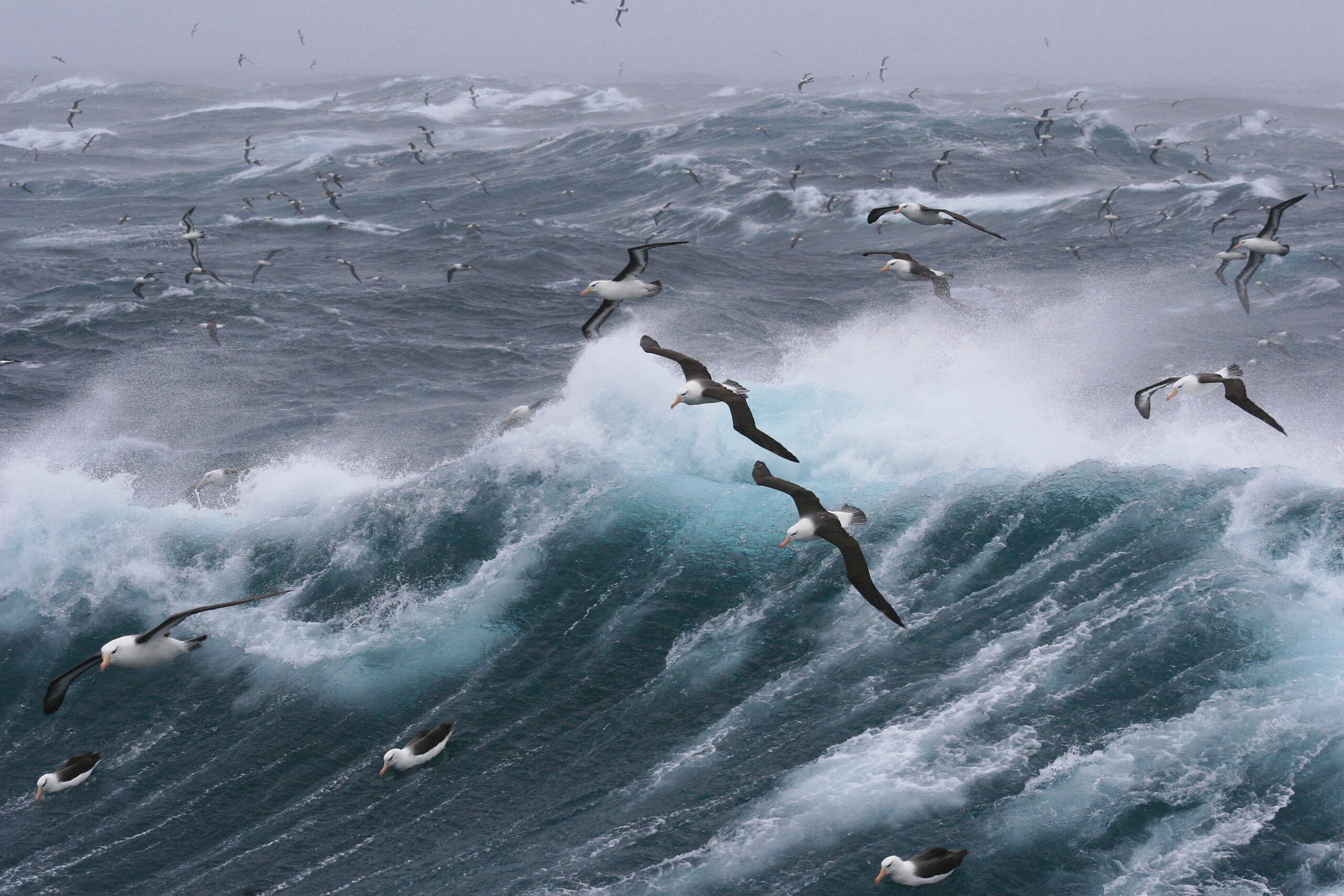
This report was originally published on WWF.
“In a new report, ‘Nature is too big to fail – Biodiversity: the next frontier in financial risk management’, PwC Switzerland and WWF Switzerland find that the financial risks associated with the loss of biodiversity will become increasingly important in 2020 – especially in the lead up to the United Nations Biodiversity Conference in October in Kunming (China).
As climate change and the loss of biodiversity mutually reinforce each other, decision-makers face a huge challenge to respond to this double crisis, as the risk of financial market instability significantly increases.
Loss of biodiversity is an unrecognised environmental risk
Climate change is a financial risk and recognised as such by a growing number of financial actors and regulators. A related but unrecognised environmental risk is the rapid loss of global biodiversity. Climate change further accelerates the extinction of species and leads to rapid changes in ecosystems. This in turn drastically limits natural carbon sequestration of ecosystems, which again worsens climate change. A negative spiralling loop, which has been until today almost completely ignored by decision-makers, the financial sector and their regulators.
“It is particularly dangerous for the financial sector to not account for biodiversity loss, as all economic sectors in which they invest, finance or insure depend on biodiversity. To avoid financial instability, we urge central banks and financial regulators to assess the financial risks stemming from environmental degradation more thoroughly, and to act accordingly,” says Andreas Staubli, CEO of PwC Switzerland.
Thomas Vellacott, CEO of WWF Switzerland: “Biodiversity-related financial risks have not only been completely ignored by the financial sector but also by decision-makers globally. It is time to respond swiftly to the double crisis from biodiversity loss and climate change. Thus, humanity is in urgent need for a New Deal for People and Nature. All market, governmental and civil society actors are needed. Nature is too big to fail”.
Four biodiversity-related financial risks defined
The joint report published by PwC Switzerland and WWF Switzerland suggests a typology of four financial biodiversity-related financial risks: physical, transition, litigation and systemic risks. The report further highlights what can be learnt from the discussions around climate-related financial risks, provides a framework on how to integrate biodiversity losses into the classical risk framework of financial institutions and also suggests recommendations to financial regulators/central banks, financial market players and states/international organisations:
- States agree to an ambitious Global Biodiversity Framework at Kunming (China) in 2020 by bringing all financial flows in line with biodiversity conservation and restoration (Paris Agreement Obj. 2.1.c equivalent for biodiversity)
- The funding gap for biodiversity conservation and restoration of at least half a trillion US dollars per year needs to be closed by all actors rallying together.
- As biodiversity-related financial risks and the spiralling effect with climate change pose a systemic risk, all central banks and financial regulators need to emphasise the importance that the regulated entities regularly disclose their biodiversity-related financial risks. Furthermore, stress tests regarding biodiversity-related financial risks should be run regularly.
- A task force on Nature-Related Financial Disclosures should be created in 2020. It should drive standardised disclosure on nature-related risks, taking into consideration the physical, transition, litigation and systemic financial risks that stem from biodiversity loss.
- All financial actors should proactively manage biodiversity-related financial risks and seize and secure opportunities offered by ecosystem services (e.g. flood protection, pollination, clean water, fertile soils and adaptation to climate change).
Read on and access the full report at: WWF.












